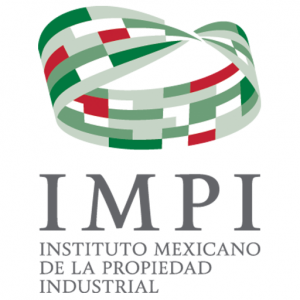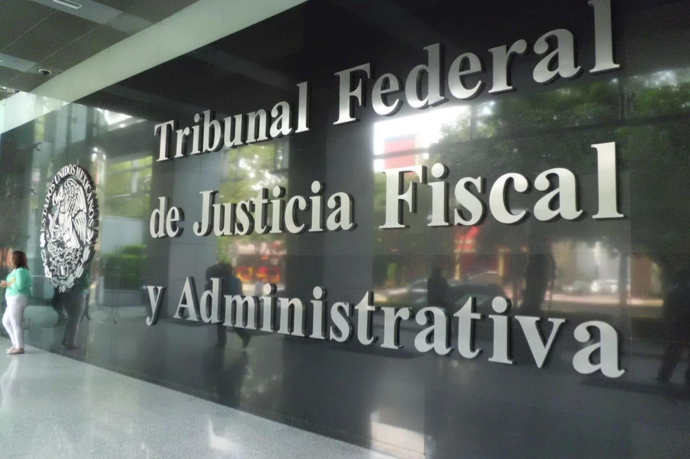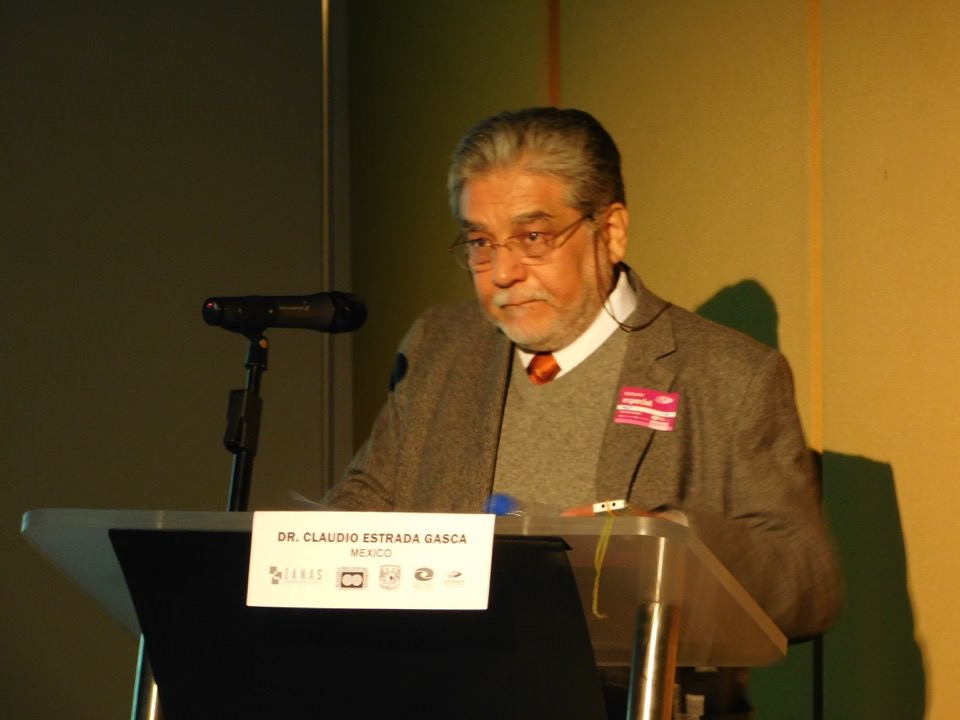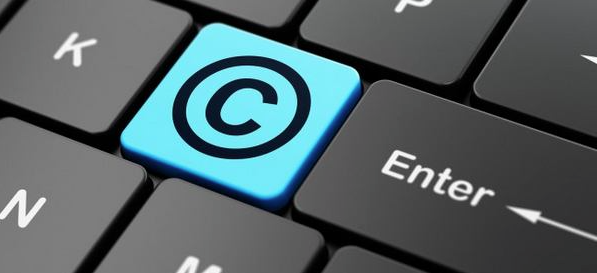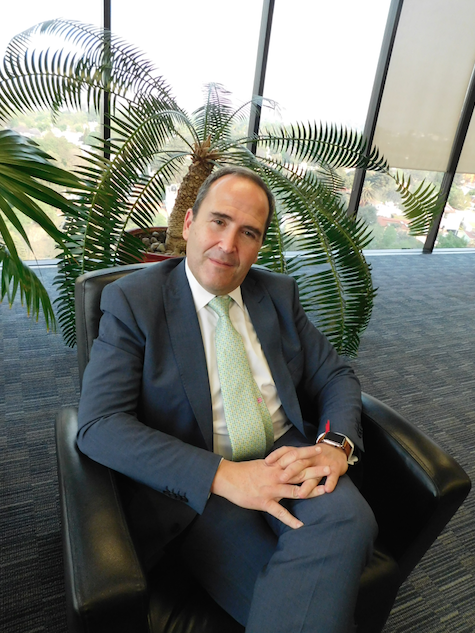BY: Arturo Ishbak Gonzalez, Intellectual Property Attorney, Brinks, Gilson & Lione, US
#Everyone #has #that #one #friend #who #post #in #social #media #like #this. You might be that friend. However, after reading this article you will be able to identify when and where you should use hashtags. Moreover, if you are already using a distinctive hashtag to promote the goods and/or services of your business, you will consider protecting it as a trademark.
But first, what is a hashtag? It is a form of metadata comprised of a word or phrase prefixed with the symbol “#” (e.g., #uspto, #nba, and #chicagobulls). Hashtags are often used in social-networking sites to identify or facilitate a search for a keyword or topic of interest that can become “trending topic.” The most popular social-networking sites for hashtags are Twitter, Instagram, Facebook and Pinterest.
Therefore, if you are interested in a topic, you can search hashtags to see all posts that include that hashtag. Consumers normally use hashtags to communicate something specific about a post, identify something, get noticed or complain about something. On the other hand, advertisers use hashtags to aggregate content, measure who is engaged with their brand, associate themselves with a topic or promote a specific campaign.
However, using hashtags in social media is not that simple, some social-networking sites have guidelines about hashtag usage and the misuse of hashtags may lead the platform to disable the account. For instance, Instagram banned certain terms like “curvy”, “proanorexia”, #sex and #bubblebutts among others because they were frequently being tied to posts with graphic or offensive content.
In this regard, Instagram said in a statement that it blocks certain hashtags, making them unsearchable, “when they are consistently being used to share images and videos that violate their community guidelines.”
In this order of ideas, consumers and advertisers are constantly using hashtags in social media to categorize their posts and some forward thinkers are also protecting their hashtags as trademarks all over the world.
In the U.S., a mark comprising or including the hash symbol (#) or the term HASHTAG is registrable as a trademark or service mark only if it functions as an identifier of the source of the applicant’s goods or services. Generally, the hash symbol and the wording HASHTAG do not provide any source-indicating function because they merely facilitate categorization and searching within online social media (i.e., social-media participants are directed to search a particular subject by typing, e.g., “hashtag Netflix,” where Nettflix is the subject).
Thus, if a mark consists of the hash symbol or the term HASHTAG combined with wording that is merely descriptive or generic for the goods or services, the entire mark must be refused as merely descriptive or generic.
Notwithstanding the above, when a mark containing the hash symbol or the term HASHTAG is unitary with other arbitrary or suggestive wording in the mark, (e.g., #SLUGGERTIME for clothing, #DADCHAT for counseling services, and HASHTAGWALKING for entertainment services), no descriptive or generic refusal or disclaimer is required. However, such marks must still be evaluated to ensure that they function as source indicators for the goods or services.
In regard to advertising claims, advertisers are responsible for all express and implied messages that are reasonably conveyed by the advertising. Therefore, disclosures such as #sponsored or #ad are often used by advertisers to prevent an advertising claim from being misleading. However, the Federal Trade Commission requires the disclosures to be clear and conspicuous; i.e., they are recommended to be at the beginning of the tweet or image rather than at the end. Likewise, when endorsers are speaking on an advertiser’s behalf in social media, they must disclose the relationship.
On the other hand, when a hashtag is used by consumers to criticize a certain brand or campaign, it becomes a #bashtag that could affect negatively the reputation of such brand or campaign. Consequently, advertisers must monitor the use of theirs brands in social media to prevent the misuse of them.
Next time you use a hashtag for either describe the content of your post in social media or to promote a specific brand or campaign, you should take into consideration the above guidelines to categorize properly what you want to communicate, to protect your intellectual property rights and to prevent the misuse of your brands.
Arturo Ishbak Gonzalez
NBC Tower, Suite 3600, 455 N. Cityfront Plaza Drive
Chicago, Illinois 60611-5599
Twitter: @ArturoIshbak


